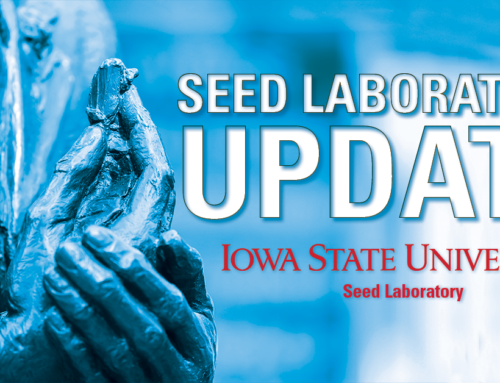At our Seed Health Lab, we greatly value your collaboration in ensuring the accuracy of sample submissions for testing. We kindly request the use of scientific names, particularly when referring to the last part of a name, rather than abbreviations or internal acronyms.
Here’s why:
Commonly, different companies may use the same acronym to denote different pathogens, leading to confusion. For instance, while Company A may refer to PSP as Pseudomonas syringae pv. phaseolicola (causing halo blight of common beans), Company B might interpret PSP as Pseudomonas syringae pv. pisi (causing bacterial blight of pea). Even the inclusion of ‘phaseolicola’ or ‘pisi’ would greatly aid in correctly identifying the pathogen for testing.
Similar situations arise with abbreviations like XCC, where different companies attribute different meanings. For example, Company C may use XCC for Xanthomonas campestris pv. campestris (causing black rot of crucifers), while Company D may assign XCC to Xanthomonas campestris pv. cucurbitae (causing bacterial leaf spot of cucurbits).
These discrepancies pose challenges during sample entry, especially when there isn’t a deep familiarity with which disease affects which crop.
To mitigate confusion and ensure precise testing, we encourage the use of full scientific names in your submissions. Your cooperation not only streamlines the process but also helps us maintain the highest standards of accuracy in our services.
Thank you for your assistance in clarifying sample submissions, facilitating smoother operations at our Seed Health Lab.


